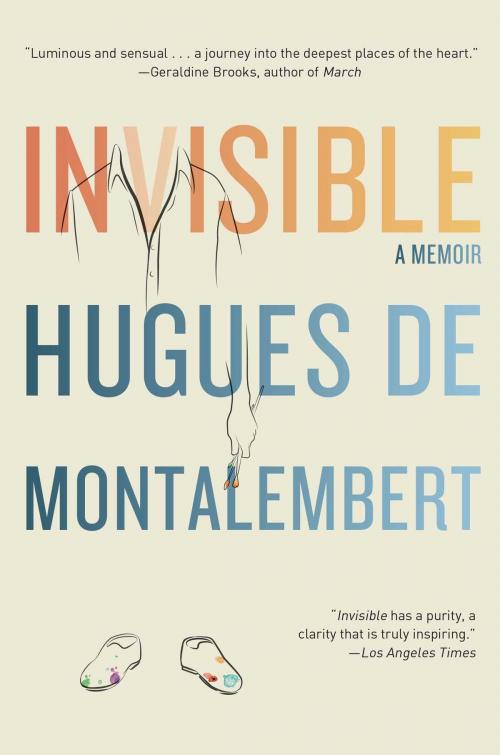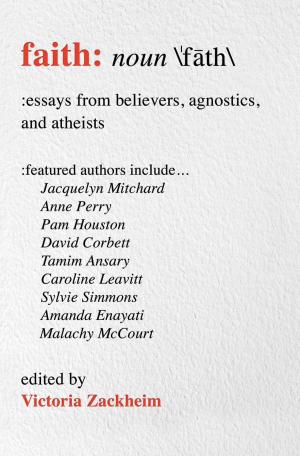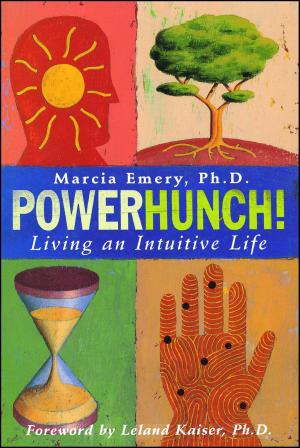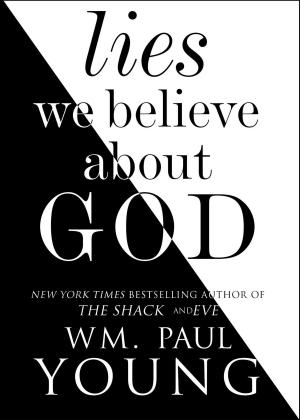| Author: | Hugues de Montalembert | ISBN: | 9781439100684 |
| Publisher: | Atria Books | Publication: | January 12, 2010 |
| Imprint: | Atria Books | Language: | English |
| Author: | Hugues de Montalembert |
| ISBN: | 9781439100684 |
| Publisher: | Atria Books |
| Publication: | January 12, 2010 |
| Imprint: | Atria Books |
| Language: | English |
The impressionistic memoir of an artist who was blinded in a sudden act of violence, leading to a profound meditation on what it means to see and be seen
“You live in a city like New York. You read the papers. You look at the television. But you never think it will happen to you. It happened to me one evening.”
One summer night in 1978, Hugues de Montalembert returned home to his New York City apartment to find two men robbing him. In a violent struggle, one of the assailants threw paint thinner in Hugues’ face. Within a few hours, he was completely blind.
Eloquent and provocative, Invisible moves beyond the horrific events of that night to what happened to Hugues after he lost his sight: his rehabilitation, his solo travels around the world, and the remarkable way he learned to “see” even without the use of his eyes.
Without a trace of self-pity, Hugues describes his transition from an up-and-coming painter to a blind man who had to learn to walk with a cane. His status changed in the eyes of other people as their reactions ranged from avoidance to making him their confidant. Hugues traveled to faraway places and learned to trust strangers and find himself at home in any situation.
Part philosophy, part autobiography, part inspiration, Invisible will change the way readers understand reality and their place in the world.
The impressionistic memoir of an artist who was blinded in a sudden act of violence, leading to a profound meditation on what it means to see and be seen
“You live in a city like New York. You read the papers. You look at the television. But you never think it will happen to you. It happened to me one evening.”
One summer night in 1978, Hugues de Montalembert returned home to his New York City apartment to find two men robbing him. In a violent struggle, one of the assailants threw paint thinner in Hugues’ face. Within a few hours, he was completely blind.
Eloquent and provocative, Invisible moves beyond the horrific events of that night to what happened to Hugues after he lost his sight: his rehabilitation, his solo travels around the world, and the remarkable way he learned to “see” even without the use of his eyes.
Without a trace of self-pity, Hugues describes his transition from an up-and-coming painter to a blind man who had to learn to walk with a cane. His status changed in the eyes of other people as their reactions ranged from avoidance to making him their confidant. Hugues traveled to faraway places and learned to trust strangers and find himself at home in any situation.
Part philosophy, part autobiography, part inspiration, Invisible will change the way readers understand reality and their place in the world.















